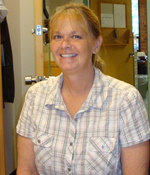Academics and courses
Pre-College students will join Skidmore College students in class and can choose from the following foundational liberal arts options. All of our courses are small – ranging from 5 to 20 students – and enrollment includes the benefit of numerous college support resources on campus, such as our writing center, library, and more.
- Residential students must enroll in two courses
- Commuting students may enroll in either one or two courses
2024 Course Descriptions
Anthropology of the Human Past (AN 102)
Professor Heather Hurst
M/T/W/TH/F 10:00 AM – 11:50 AM
3 Credits
An introduction to the biological and cultural evolution of humans. In learning about
the origins of human diversity, students come to understand concepts of time, space,
and context as critical factors in our ability to reconstruct the human past. Students
engage in a variety of scientific evaluation sessions involving data common to archaeological
analysis of human evolutionary and cultural change to learn how this reconstruction
occurs.
Human Genetics (BI 170) • Lab fee $80
Professor Bernie Possidente
M/T/W/TH/F 9:00 AM – 12:10 PM
4 Credits
An introduction to the principles of genetics and their application to human biology.
Topics include the history of genetics; the structure, function, and inheritance of
genes; medical genetics; and genetic engineering.
Note(s): Nine hours of lecture, six hours of lab per week.
Introduction to Microeconomics (EC 104)
Professor Rodrigo Schneider
M/T/W/TH 9:00 AM – 12:05 PM
4 Credits
Prerequisites: Placement in this course requires a score of at least 650 on the SAT Mathematics (MSAT
I) examination, a score of at least 570 on any Mathematics SAT II subject examination
(MSAT II), or a score of at least 28 on the Mathematics ACT examination, emailed to lroutled@skidmore. If scores are unavailable, Skidmore will determine eligibility
through a review of the student's high school transcript.
An introduction to the study of markets. Students will develop the basic economic
model of supply and demand to illustrate how choices regarding the production and
distribution of goods and services are made by firms and households in a market economy.
Students will also examine the possibility of market failure and the appropriate government
response. Policy topics may include poverty and homelessness, health care, the environment,
antitrust, discrimination, international trade, unions, and minimum wage laws.
History of Modern Japan (HI 247P)
Professor Jennifer Day
M/T/W/TH 9:00 AM – 12:05 PM
4 Credits
An examination of the historical transformation of the Japanese archipelago from a
feudal society to a modern state and imperial power, and to a postwar economic giant
and a “bubble economy” in the 1990s. Students will explore how Japanese women and
men have transformed elements of other cultures to create forms of government, society,
and the arts that are uniquely Japanese. Sources include a diary, short stories, legal
documents, and films.
Writing Seminar II: Under the Influence (EN 105)
Professor Thaddeus Niles
M/T/W/TH 1:15 PM – 3:35 PM
4 Credits
"Under the Influence - Argument and Persuasion in our Lives"
Argument seems inescapable. Its rituals have shaped the Western academic tradition,
which is perhaps reason enough to study it more closely. But argument is also a central
feature of our lives as citizens and consumers. In this writing course, students will
consider the nature of persuasion, various methods of thinking critically, and approaches
to translating these methods to academic texts. Class projects include essays examining
the language and logic of persuasive appeals, as well as a final collaborative project.
Introduction to Comparative and International Politics (PL 103)
Professor Charmaine Willis
M/T/W/TH/F 1:30 PM – 3:20 PM
3 Credits
A survey of the key concepts and principles of comparative politics and international
relations. Issues covered include state building and state failure; the functioning
of democratic and non-democratic regimes and the ideologies that support them; the
changing nature of the international system; the causes of war and search for peace;
and problems of national and transnational security, such as terrorism, globalization,
proliferation of weapons of mass destruction, and environmental challenges.
Introduction to Psychological Science (PS 101)
Professor Lucas LaFreniere
M/T/W/TH 1:30 PM – 4:35 PM
4 Credits
An introduction to the science of psychology through a survey of theories, methods,
and principles of behavior. Students will learn about empirical studies that are central
to the various subdisciplines of psychology.
Physics: Sound & Music with Lab (PY 109)
Professor Jill Linz
M/T/W/TH/F 1:30 PM – 4:40 PM
4 Credits
The physical principles of sound - how it is produced, propagated and perceived. Emphasis
will be placed on music and music theory and will look at some of the mechanisms used
to produce different types of musical sounds as well as the physical principles guiding
the development of music theory throughout history. The weekly lab sessions will provide
hands-on experience in understanding the physical principles discussed in lecture.
Religion: American Gods (RE 105W)
Professor Chelsea Taylor
M/T/W/TH/F 1:15 PM – 3:40 PM
4 Credits
An introduction to the diversity of religions in America and to basic categories and
questions in the academic study of religion. The United States is one of the most
religiously diverse nations on earth. This course investigates that diversity, in
the past and in the present, and explores traditions imported to America, recent traditions
born in America, and/or traditions indigenous to the Americas. Students will explore
what counts as “religion” in America and how religious traditions shape and are shaped
by other forms of difference (race, class, gender, age, sexuality, etc.)
*Courses subject to change. All course placements are subject to approval by the Pre-College Program director.
Faculty
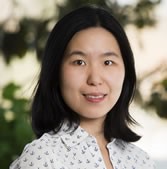 |
Jennifer Day
|
|
Her forthcoming monograph examines international law and transnational fugitives in modern China. It examines the role of Sino-foreign diplomats, jurists, and political actors in creating the boundaries of legitimate political actions. It tells the story about how the Qing and its Republican successor states negotiated for the right to declare their enemies, define their crimes, and gain juridical sovereignty over transborder rebels from the 1860s to the 1930s. Her next book project will explore the politicization of history in modern China. It seeks to understand how policymakers, bureaucrats, intellectuals, and grassroots educators understood the goals of historical education from the late Qing to the post-Mao period. |
|
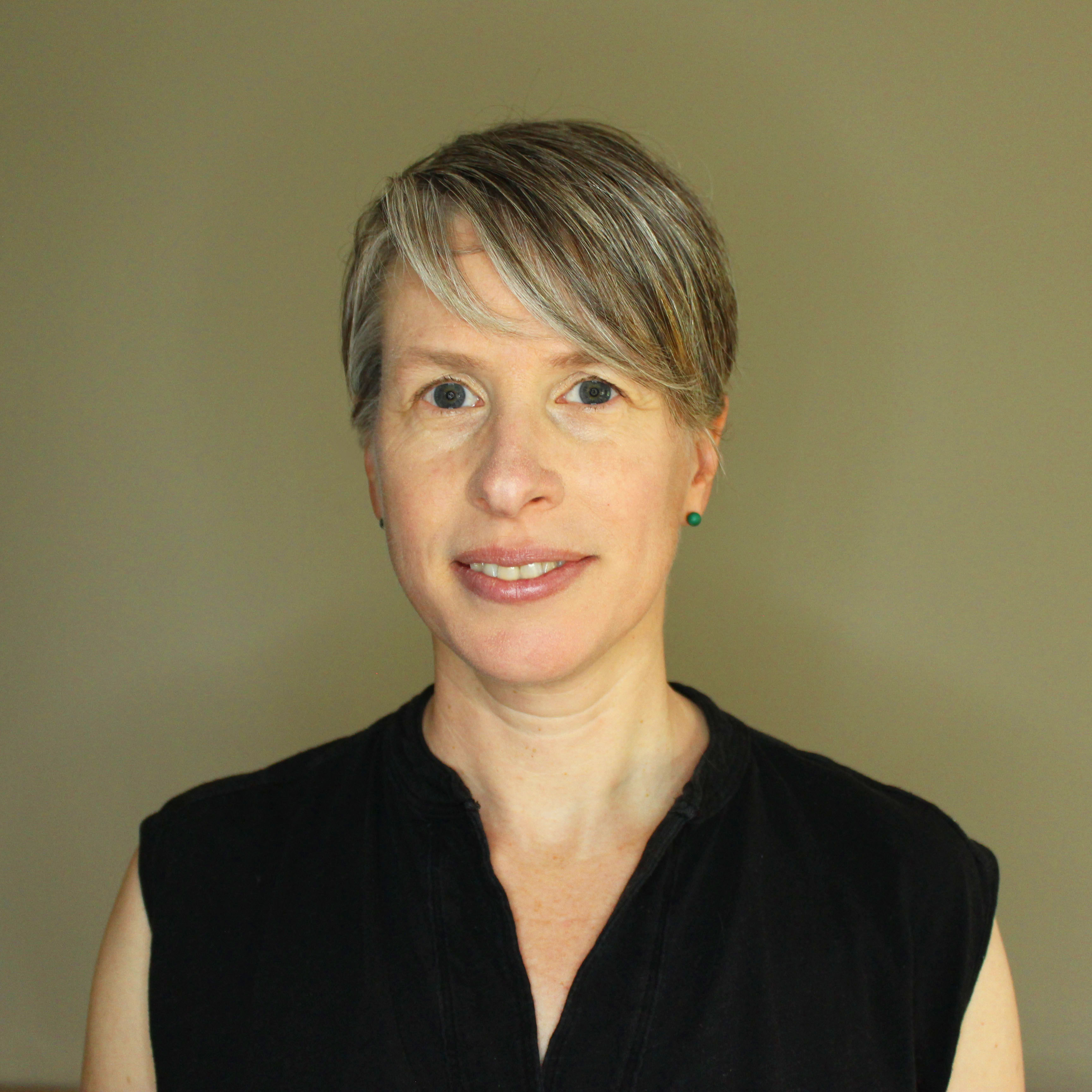 |
Heather Hurst
|
Heather Hurst specializes in Mesoamerican archaeology with a focus on the study of art production, iconography, materials analysis, identity, and the role of art in society. She has ongoing fieldwork on Maya mural painting in Guatemala, as well as research on Olmec rock art in Mexico. Her publications and illustrated volumes include The Murals of San Bartolo, El Petén, Guatemala. Part 1, The North Wall, and Part I1, The West Wall. She collaborates with chemists, conservators and epigraphers, resulting in recent articles including, “Strategies for 14C Dating the Oxtotitlán Cave Paintings, Guerrero, Mexico,” and “Maya Codex Book Production and the Politics of Expertise.” Dr. Hurst earned her Ph.D. in Anthropology from Yale University. Her courses include Mesoamerican Archaeology, Archaeological Field Methods, Imaging/Imagining the Past, and Built Environments. |
|
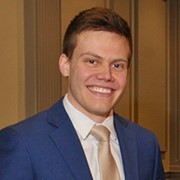 |
Lucas LaFreniere
|
|
Fun fact: I used to give counseling on a 90-year-old sailing vessel to youth charged with juvenile delinquency. |
|
|
|
Jill Linz
|
With a background in theoretical physics and classical music, Jill joined the physics faculty in 1992. Soon after, she developed Sound & Music, an introductory acoustics course that is a popular class for non-science students and science students alike. She has also developed courses in advanced acoustics and music synthesis techniques. Her works include a children’s book titled “Adventures in Atomville: The Macroscope” and an experimental music project titled “Atom Music”. |
|
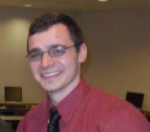 |
Thad Niles
|
Professor Niles has been an ESL specialist at Skidmore since 2010, teaching composition and coordinating the college's first intensive English program. Thad’s professional interests include the learning experiences of international students, academic literacies/English for Academic Purposes, Structural-Functional Linguistics/Genre Pedagogy, and new teaching grammars. |
|
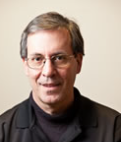 |
Bernie Possidente
|
|
|
|
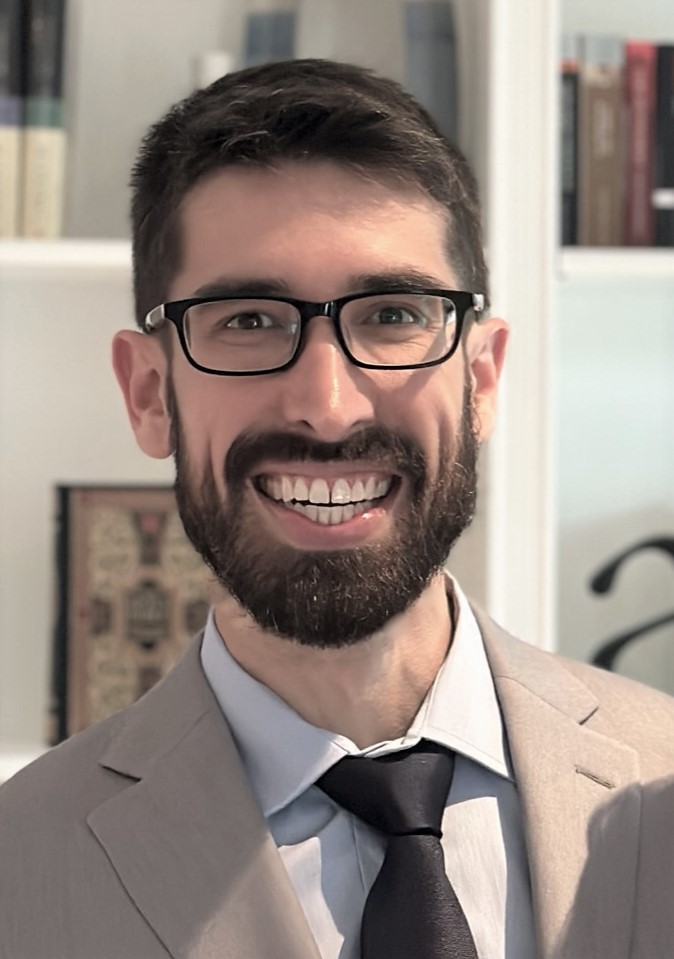 |
Rodrigo Schneider
|
|
|
|
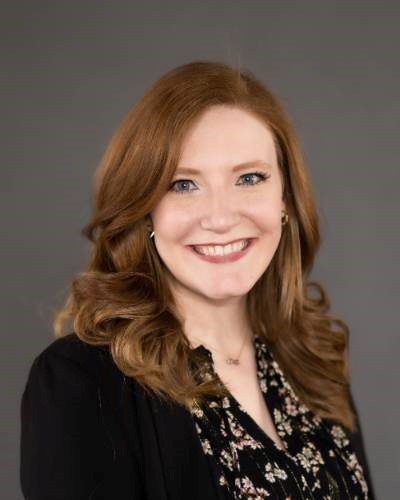 |
Chelsea Taylor
|
Research and teaching interests include history of religions in the United States, Christian nationalism, Evangelicalism, religion and popular culture, performance studies, adaption studies, gender and sexuality studies. |
|
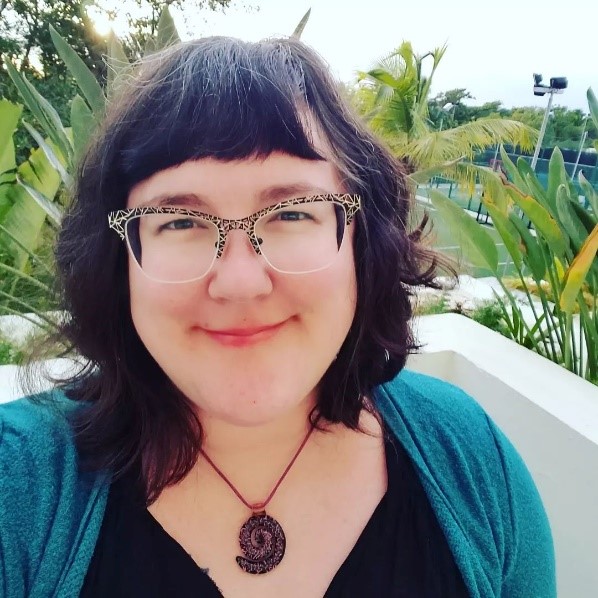 |
Charmaine Willis
|
|
Prior to obtaining her Ph.D., she received her BA in Political Science from the University of Southern Maine and MA in International Affairs from American University’s School of International Service. |
|
